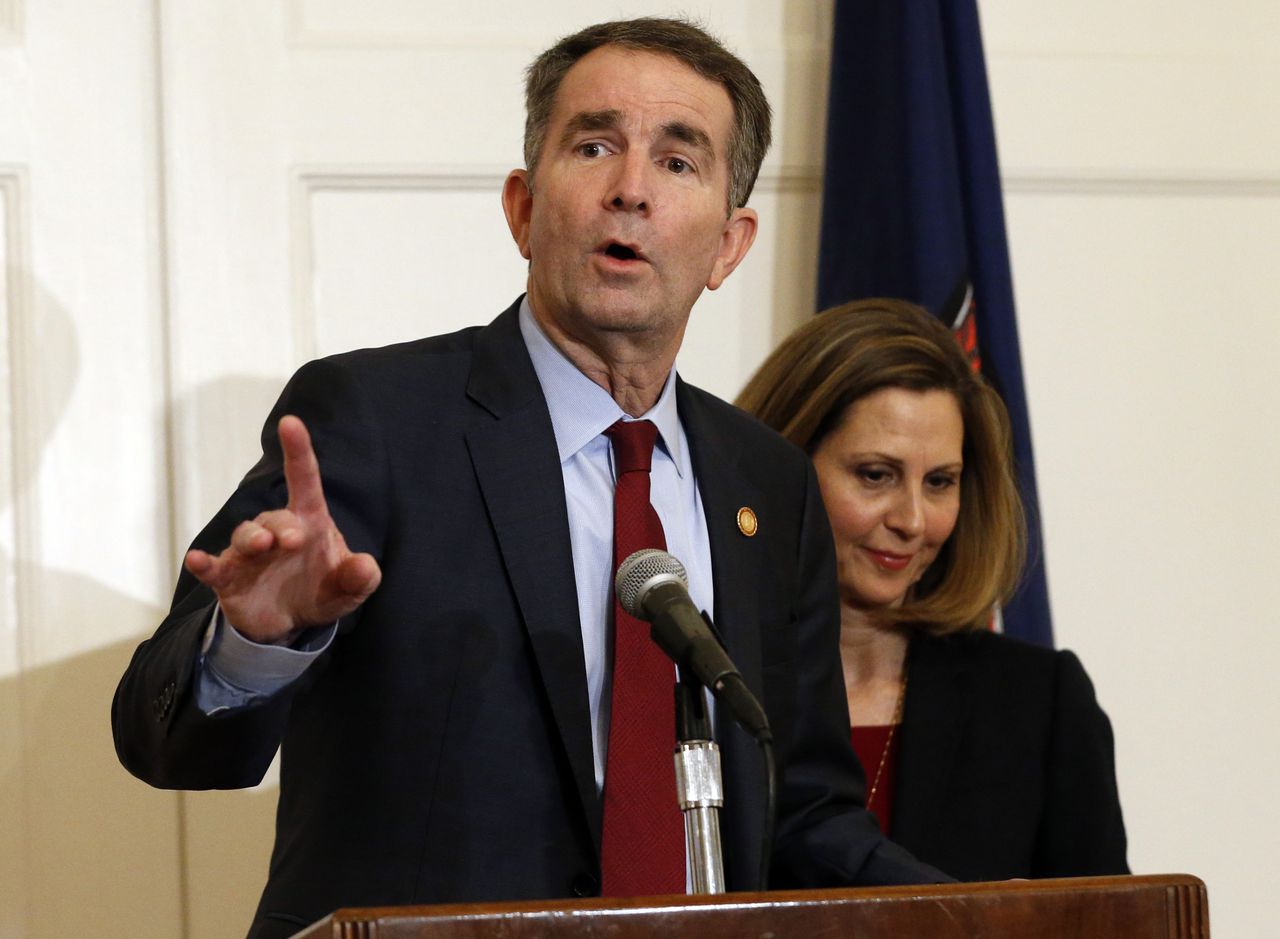Gov. Ralph Northam of Virginia was discussed as a possible target by members of an anti-government group charged last week with plotting to kidnap Gov. Gretchen Whitmer of Michigan, the F.B.I. said on Tuesday.
During a hearing in Grand Rapids, Mich., Special Agent Richard J. Trask II of the F.B.I. said that Mr. Northam and other officials were targeted because of their aggressive lockdown orders to restrict the spread of the coronavirus.
Last week, 13 men accused of involvement in the alleged plot were charged with a variety of state and federal crimes, including terrorism, conspiracy, and weapons possession. They also talked of planning to storm the Michigan State Capitol and start a civil war, the authorities said.
During Tuesday’s hearing, the authorities revealed that the suspects also spoke about “taking” the Virginia governor “based” on coronavirus lockdown orders that restricted businesses.
Ms. Whitmer, a Democrat, issued a statewide stay-at-home order on March 24 that prohibited “in-person work that is not necessary to sustain or protect life,” as well as all gatherings of any number of people who did not live in the same household. Mr. Northam, also a Democrat, issued a similar order on March 30, instructing residents to leave their homes only for work, medical appointments, family care, shopping for essentials, and “outdoor activity with strict social distancing requirements.”
In April, President Trump had openly encouraged right-wing protests of social distancing restrictions in Virginia, Michigan, and other states with stay-at-home orders. A day after his administration had announced guidelines for governors to set their own timetables for reopening.
“LIBERATE VIRGINIA, and save your great 2nd Amendment,” the president wrote on Twitter at the time. “It is under siege!”
Mr. Northam started reopening much of Virginia on May 15, but as cases rose again over the summer, he implemented restrictions on bars, restaurants, and public gatherings.
Michigan lifted its order on June 1, but prohibited bars from offering indoor service in July, citing an increase in cases. Earlier this month, the Michigan Supreme Court ruled that the law Ms. Whitmer had been using to issue her emergency orders was unconstitutional and invalidated the orders. Following the ruling, emergency orders were issued through the health department, which kept in place mask requirements and limits on gathering sizes and business capacities.
Mr. Trask of the F.B.I. said that some of the suspects held a meeting in Dublin, Ohio, several months ago where they “discussed possible targets” for “taking a sitting governor.”
Mr. Trask also provided additional details about the alleged plans to kidnap Gov. Gretchen Whitmer of Michigan. One of the suspects, Adam Fox, spoke about a plan to take Ms. Whitmer out on a boat in the middle of Lake Michigan and leave her stranded with the engine disabled so that someone would have to “come rescue” her, Mr. Trask said.
Last week, the authorities said the men were affiliated with an extremist group called the Wolverine Watchmen, which court documents called “an anti-government, anti-law enforcement militia group.”
The group met many times for tactical and firearms training and practiced building explosives, the F.B.I. said, and spoke about attacking law enforcement officers.
Mr. Trask and the prosecutor mentioned several other men they said were involved in the surveillance and the plot’s discussion, including one from Wisconsin, but who were not among those arrested.
The testimony also indicated that the participants were suspicious that government informants were monitoring or had infiltrated their group, changing encrypted messaging platforms, and giving each other code names in hopes of escaping such surveillance.
At one point after a planning trip to case the governor’s vacation home and the surrounding area, Mr. Fox asked that all the participants be scanned with a device that is supposed to identify if anyone was wearing a transmission wire or a recording device.
The effort apparently failed, Mr. Trask said, with the group eventually infiltrated by four informants or undercover agents who continued to document what the group was planning. (NYTIMES).






